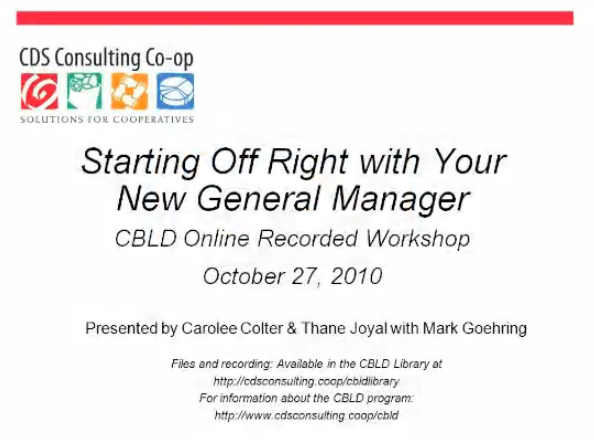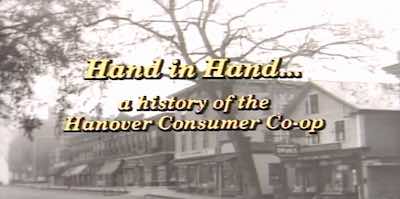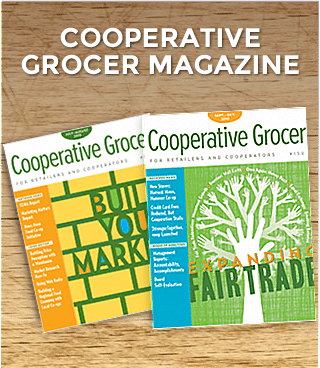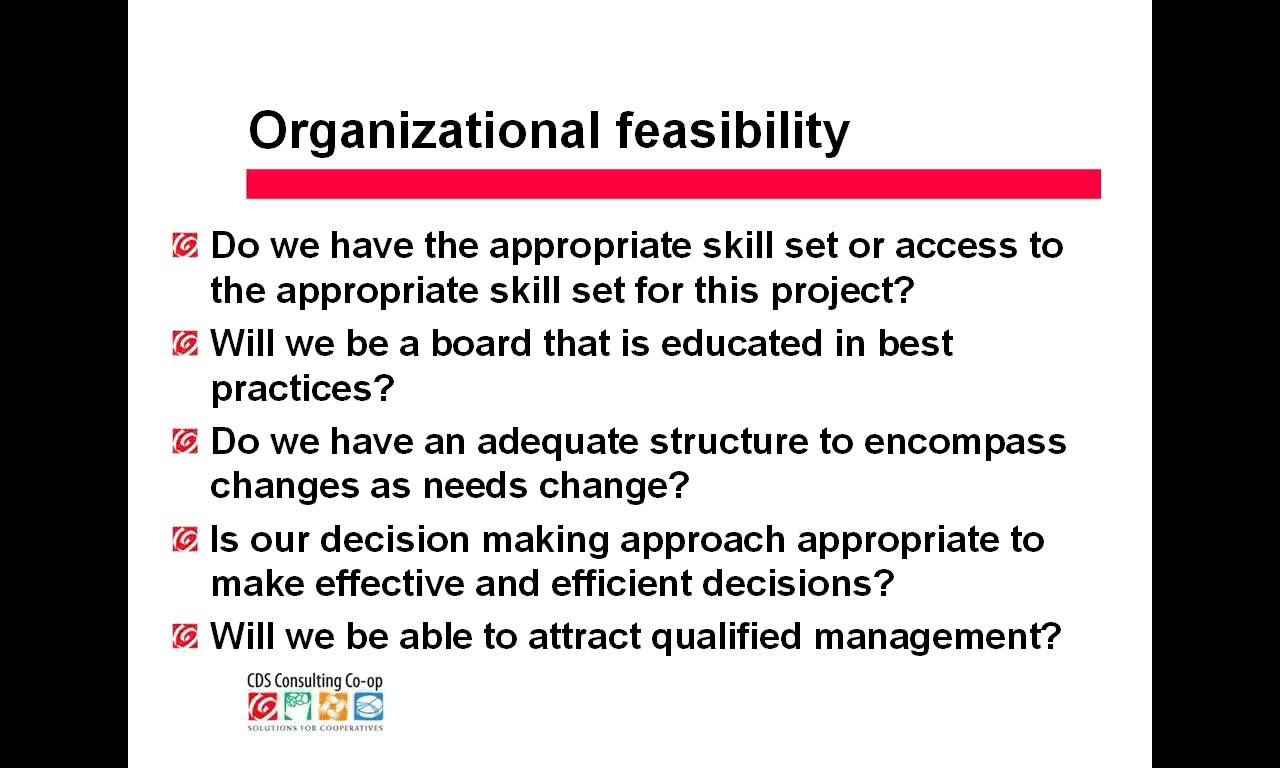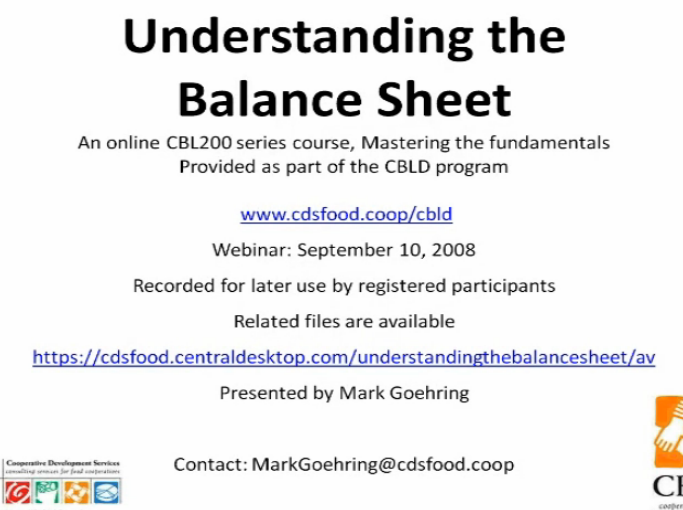From Food Desert to Food Oasis: How Co-ops Can Make a Difference
Current discussions among food cooperatives often turn to the presence of food deserts in our cities and towns and what co-ops might do to address them. Mari coined the now-popular term to describe neighborhoods where mainstream grocers are distant. The statistically significant impacts on disease and life for people living in food deserts are well known. There won't be a single solution to the [...]



